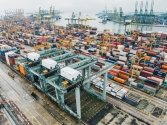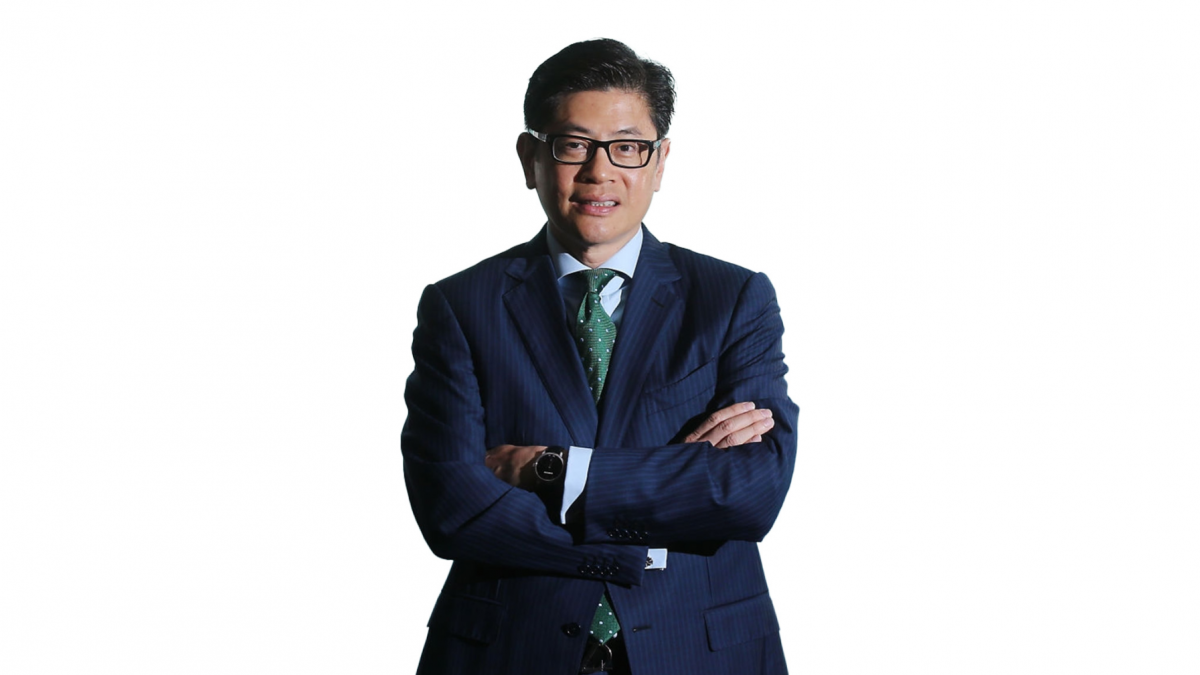
Pinsent Masons’ John Yeap on how the energy sector adapted to the current crisis
He is one of the judges at this year’s Asian Power Awards.
John Yeap currently has a leadership role in the Pinsent Masons’ climate change and energy transition agenda across Asia, which includes not just a focus on renewable energy but also broader energy transition issues such as green financing, environment, social, and governance (ESG), and decarbonisation.
With more than three decades of career in the energy sector, he has seen the energy industry in Asia evolve through various economic and technological cycles and is delighted to see the region embracing energy transition in a manner previously unseen.
Having been part of Asia’s carbon-intensive energy industry through the rapid economic growth of the 90s, his aspiration today is to support the same economies in their energy transition and decarbonisation agenda.
John is one of the judges in this year’s Asian Power Awards. We sat down with him as he talked about the challenges in creating projects, especially during the crisis, and how the energy sector changed the way it operates due to the pandemic.
Which particular sectors are your main focus? What do you like most about being an adviser to project finances, corporate transactions, and regulations involving energy, power, renewable energy, water, and other infrastructure projects?
Having spent the best part of the last three decades supporting the development of coal and gas power plants across the region, it is thrilling to now have the opportunity to work on the energy transition of these same countries. My main focus areas currently, therefore, are in implementing renewable energy projects as well as wider decarbonisation and climate change activities.
What excites me the most is the satisfaction of seeing essential but highly complex and capital-intensive projects being financed and constructed. As essential infrastructure, livelihoods, quality of life, and economic advancement all depend on the delivery of such infrastructure projects. Today, these issues are as important as they’ve ever been, with the threat of climate change manifesting itself in such a critical and impactful way.
What are the challenges in creating projects that involve energy, power, and renewable energy? What is the most rewarding?
These are complex projects. Ensuring all stakeholders—ranging from the public sector, debt and equity investors, to local communities—are all able to have their concerns and priorities addressed often involve a significant amount of negotiation around risks and shared responsibilities. Being able to bring everyone across the line in a win-win for all is the most rewarding. Again, the human and societal impact of such investments are being viewed today in the context of not just immediate environmental and social consequences, but the longer-term implications of halting and reversing climate change. These are challenging issues to tackle, but immensely rewarding when done right.
What is your view about energy sector companies implementing ESG initiatives? How far along are they in making the necessary changes to adapt these initiatives in their management and operation?
ESG is now deeply entrenched in advanced economies, though here in Asia we are still behind in terms of broad-based legal and enforceable implementation. Energy companies were naturally the first movers in this area, given the nature of their businesses and much progress has been made in recognising the need of the entire planet to decarbonisation. Net-zero agenda will continue to drive such decarbonisation agenda of companies as we all recognise the responsibilities we all have to address climate change and sustainability challenges.
How has the pandemic changed the way energy sector companies operate? Are there any key trends that you see will dominate it in the coming years?
The pandemic has fast-tracked innovations around how we do business, both externally with suppliers and other third parties, and internally in terms of issues such as addressing the needs and concerns of employees and other stakeholders. Many of these trends will likely continue post-pandemic in areas, such as flexible working and methods of internal and external communication. But the pandemic has also brought to the fore the need for major advances to be made in areas such as large renewables, energy storage, carbon capture, and green hydrogen. These issues will dominate the energy agenda in the coming years.
How have the renewable and non-renewable energy sectors adapted during the pandemic? Are there any significant changes worth mentioning?
The pandemic has highlighted the possibilities of advancing climate critical initiatives such as decarbonisation despite the challenges of travelling and communicating directly with relevant stakeholders. Much of the renewable energy sector with domestic investment and local supply chains have managed to continue unabated. Larger and more complex projects have, however, found it more challenging given the restrictions and limitations of on-site visits and physical interaction with counterparties.


















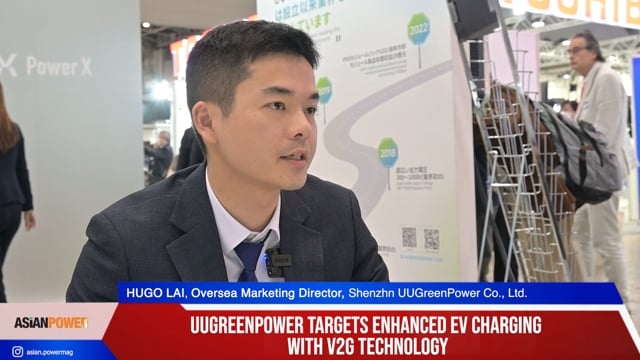
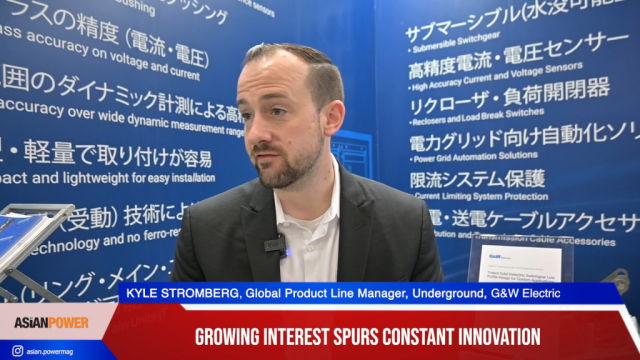
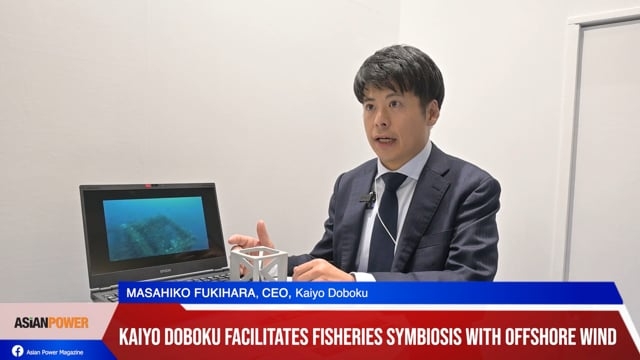
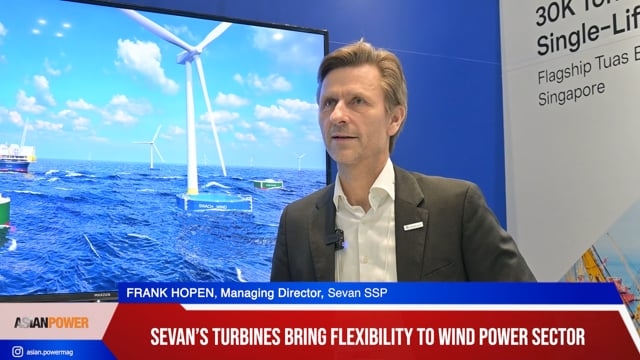

 Advertise
Advertise
